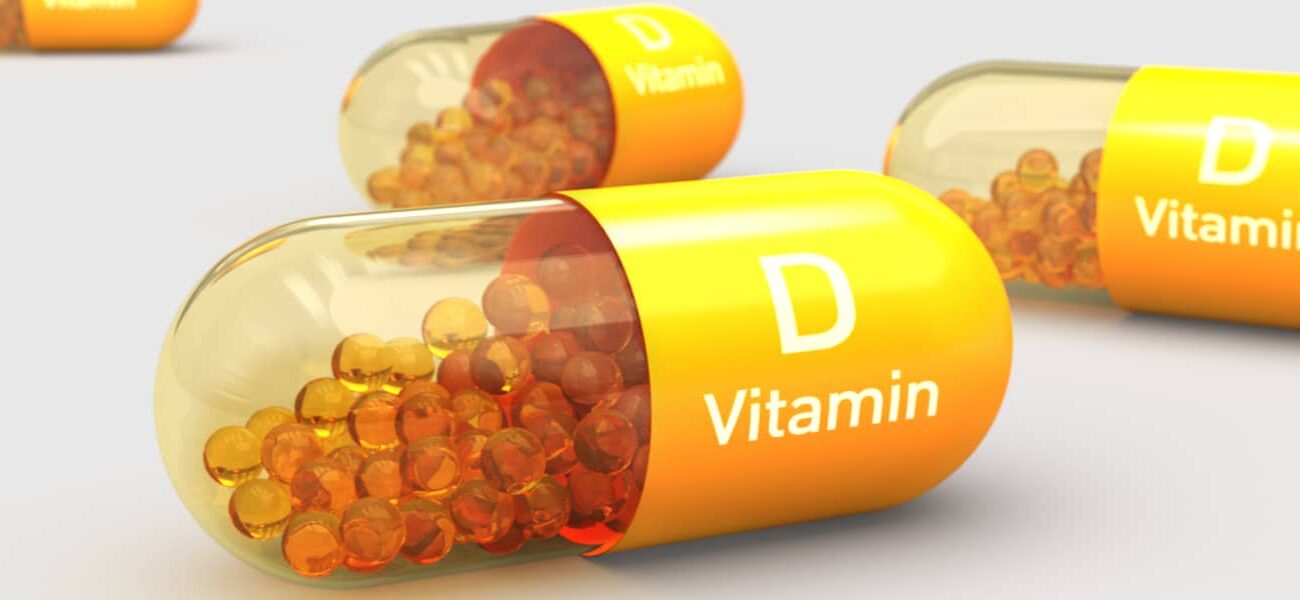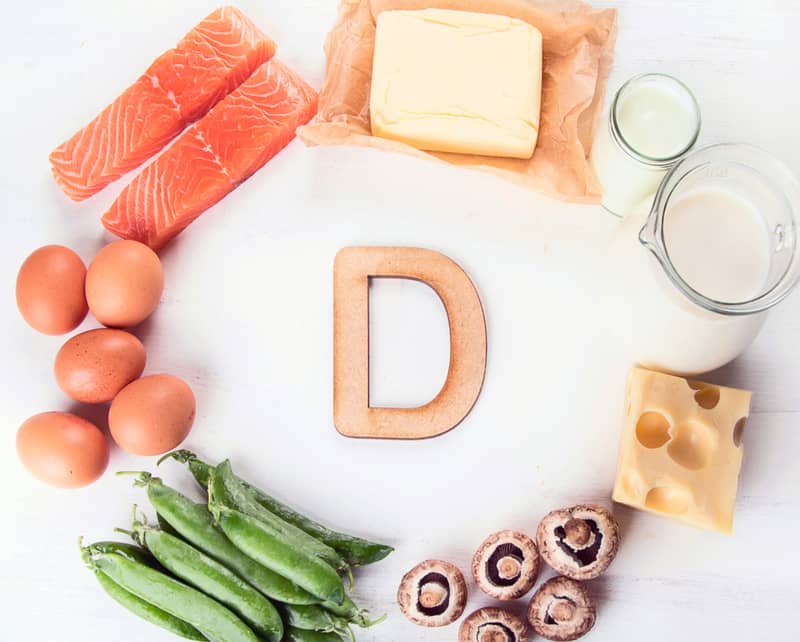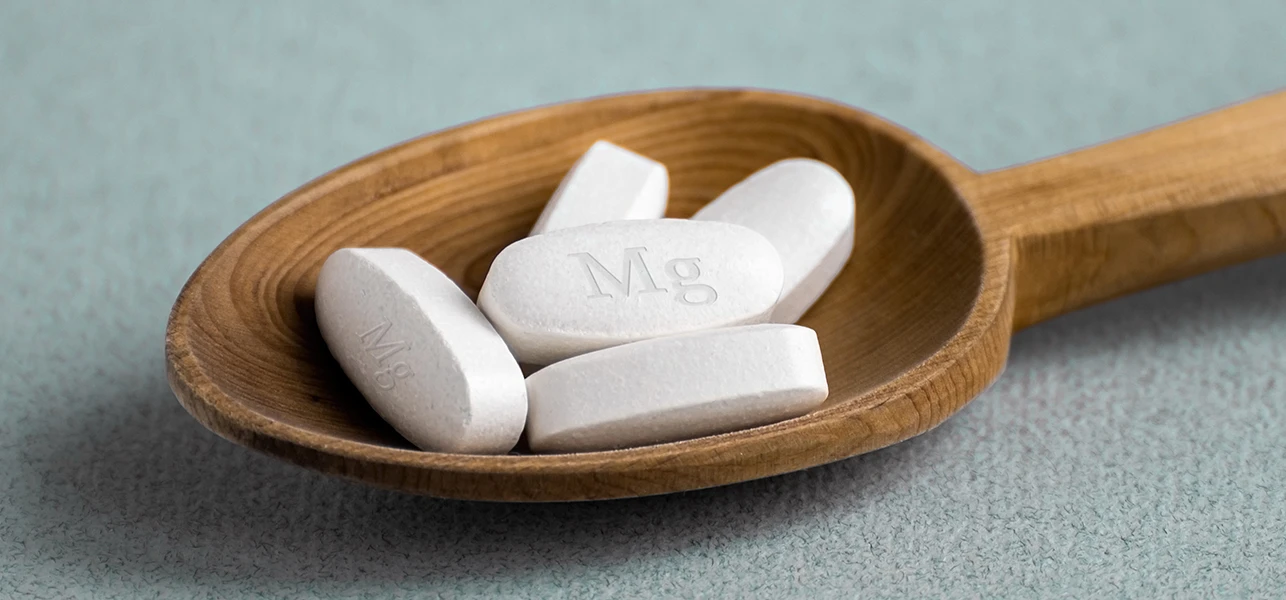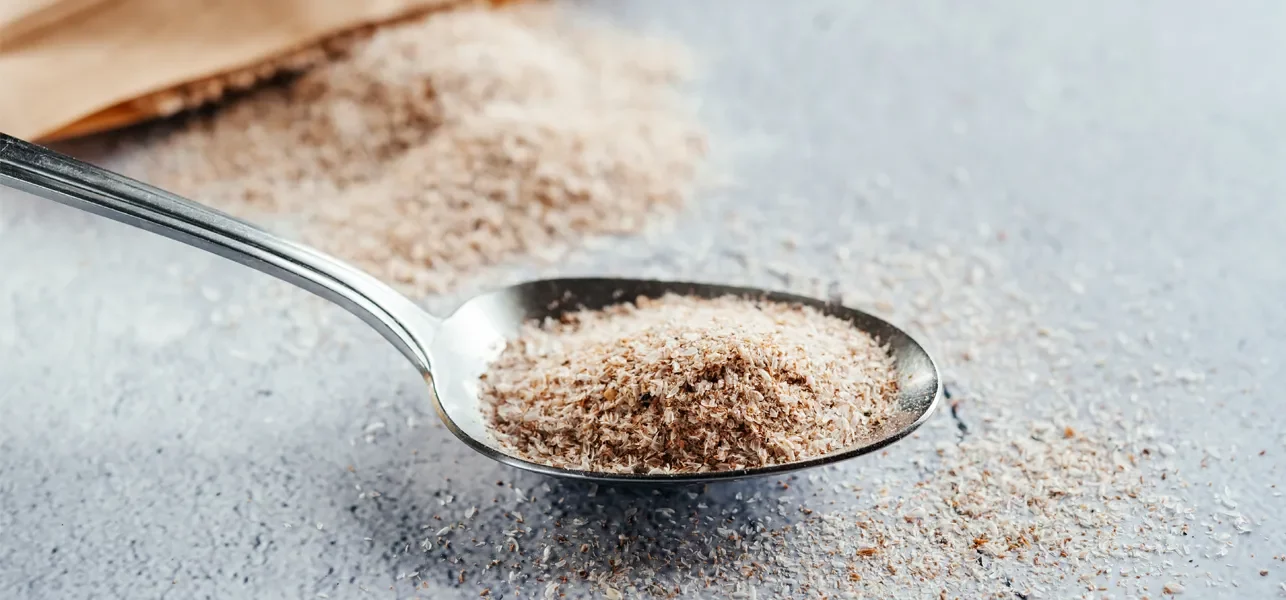Does Vitamin D Cause Constipation? Odd Drawbacks of the Sunshine Vitamin

Vitamin D is a necessity for human health.
It helps regulate phosphate and calcium levels in the body that contribute to good bone, teeth, and muscle health.
Without an adequate vitamin D intake, you are at greater risk of bone deformities, fractures, and various other diseases.
A vitamin D deficiency is common in the US and worldwide. Many people take vitamin D supplements to maintain good health and avoid deficiencies – or vitamin D insufficiency.
While it’s pretty difficult to overdose, it is possible to experience adverse side effects from taking too much vitamin D. One such symptom reported is constipation.
Although there are several possible triggers for constipation, looking at your vitamin intake is a good place to start.
Our medical team at Health Insider explores the link between constipation and the sunshine vitamin.
Does Vitamin D Cause Constipation?
Although vitamin D is excellent for improving the body’s ability to absorb calcium, too much calcium can cause several potentially dangerous symptoms, including constipation.
The elevated calcium levels may lead to a condition called hypercalcemia, where there is excessive calcium in the blood. The main symptoms related to hypercalcemia primarily concern digestive distress, including:
- Abdominal pain
- Nausea
- Vomiting
- Constipation
- Diarrhea
- Poor appetite
Many cases of elevated calcium levels stem from taking improperly labeled vitamin D supplementation that contains extremely high doses.

Advertisement
So, if you take extreme doses of vitamin D, you may suffer from constipation. As it’s unlikely to overdose on vitamin D from food and sunlight alone, you may want to adjust your supplement intake if you are experiencing constipation or any of the above symptoms.
On the other side of the scale, a healthcare professional may recommend vitamin D to relieve constipation. Some research suggests a link between chronic functional constipation and vitamin D deficiency.
To avoid symptoms, make sure you don’t exceed the recommended daily dose. Most healthy adults can tolerate the right amount well.
There are many ways to treat constipation. One possible way to alleviate chronic constipation is to try a dietary fiber supplement.
Vitamin D Benefits
Vitamin D is an essential vitamin for its vital functions. Here are some of the best benefits.
#1 Protecting bone health
Perhaps the most beneficial function of vitamin D is the maintenance of healthy bones, as the vitamin helps with the regulation of phosphorus and blood calcium levels.
It helps your body absorb calcium from the foods you eat.
A vitamin D deficiency can cause bone disorders, such as rickets in children and osteomalacia or osteoporosis in adults.
#2 Healthy immune system
Vitamin D supports immune function and may help reduce the risk of certain diseases, including multiple sclerosis, heart disease, and severe flu symptoms.
Those with low vitamin D levels may face an increased risk of infections and autoimmune diseases.
#3 Good oral health
As vitamin D promotes calcium absorption, it keeps our teeth in good health. It helps prevent gum disease and tooth decay, ensuring tooth enamel stays strong.
What Has Vitamin D?
There are 3 key ways to obtain optimal vitamin D.
#1 The sun
The human body naturally produces vitamin D with sun exposure, hence its nickname (the sunshine vitamin). The sun’s UV-B radiation hits the cholesterol in the skin cells, creating vitamin D. The sun is the best natural source of this key nutrient.
Most people get enough sun exposure from spending daily short periods in the sunlight. However, many factors affect how much vitamin D you get from the sun, including the time of day, time of year, location, skin exposure, and skin color.
#2 Certain foods
Foods rich in vitamin D include:
- Oily, fatty fish like salmon, sardines, mackerel, herring, and tuna fish
- Red meat
- Egg yolks
- Mushrooms
- Fortified foods such as fortified breakfast cereals and fresh juice fortified with vitamin D

#3 Vitamin D supplements
If you’re not getting enough vitamin D from the sun and a healthy diet, taking supplements containing vitamin D2 or vitamin D3 ensures you get a sufficient dose.

The recommended daily allowance for vitamin D is 600 IU for adult men and women aged 19+. For individuals 70 years and over, it increases to 800 IU per day.
It’s important to always check the label, as high dose vitamin D supplements can cause vitamin D toxicity. This rare but serious condition results from extremely high blood levels of the vitamin.
Vitamin D Side Effects
There are potential drawbacks to taking vitamin D, especially in extremely large doses that cause toxicity symptoms. Below are 3 possible side effects that can cause medical complications.
#1 Elevated blood levels
Too much vitamin D taken over a long period can reach toxic levels in the body.
It is unlikely to reach vitamin D toxicity if your daily intake remains under 10,000 IU, which is way over the recommendation for average healthy adults.
To ensure you take the correct dose for your needs, it’s best to speak with healthcare professionals.

#2 Elevated blood calcium
As discussed earlier, too much vitamin D can result in too much calcium.
High blood calcium levels that exceed the normal range of 8.6–10.3mg/dL can cause many unpleasant side effects, such as stomach pain, fatigue, constipation, dizziness, excessive urination, dehydration, and high blood pressure.
#3 Kidney injury
A vitamin D overdose can cause complications in those who have otherwise healthy kidneys, including kidney injury and kidney failure in severe cases.
Again, this comes down to excessive calcium that causes frequent urination and calcification of the kidneys.
Can You Overdose Vitamin D?
While it’s common for individuals to develop deficiencies, it’s also possible to have too much vitamin D.
It’s rare for people to overdose from natural sources of vitamin D alone. Most people don’t get enough sunlight to produce adequate vitamin D levels.
As it’s only present in a limited number of food products, you’re unlikely to overdose from eating.
In most cases, people overdose from vitamin D with improper use of vitamin D supplements. Supplement labels may be incorrect, or patients may receive wrong prescription doses.
To avoid the nasty side effects of too much vitamin D, including constipation, you mustn’t exceed the stated dose.
A simple blood test from your doctor will determine if you are low in vitamin D. If you think you should increase your intake, always take advice from a trained healthcare professional to ensure you don’t consume a mega dose and develop vitamin D intoxication.
Excessive vitamin ingestion causes more harm than good.
A Word From our RD
Vitamin D is necessary for the proper functioning of the human body, including both physical and mental health.
Vitamin D occurs naturally in some foods and from the skin’s exposure to the sun’s UV rays. It keeps our immune system healthy, supports calcium absorption and bone metabolism, and strengthens teeth and muscles.
Excessive absorption of vitamin D can cause all sorts of problems, from kidney injury to bone fractures. Other symptoms include gastrointestinal issues, such as stomach pain, vomiting, and constipation.
To avoid excessive doses, talk to your doctor to have them assess your vitamin D status. You can then find the recommended quantity if you wish to take supplements.
The Bottom Line
It’s certainly possible to develop constipation from vitamin D. However, adverse side effects are unlikely to occur with sufficient levels. When you overdo it, vitamin D toxicity occurs, with the most detrimental effects stemming from elevated blood calcium levels.
Meanwhile, a vitamin D deficiency may result in constipation. So, for a healthy digestive system, make sure you get the amount you need to prevent an imbalance with uncomfortable and potentially dangerous symptoms.







Comments (0)